MBCH – CFM provides services mainly to children/youth in custody due to abuse/neglect and their families; our goal is to restore children to their biological families whenever possible. We also serve developmentally disabled adult clients to provide them with as much independence as possible within the context of a family-like group home environment. Another population of adults that we serve are adult women recovering from being sexually trafficked in our Anti-Trafficking Services program (ATS).
Many people still think we are primarily a residential agency serving children/youth in beds on our campuses. This is an important piece of our work but, percentage-wise, it is very small – around 10%. Our work is done mainly through the following:
- Case management services are provided to children/youth and families.
- Treatment Family Care (TFC): Providing services to youth in foster homes specifically trained to care for the needs of moderately to severely traumatized youth. We also provide TFC services to relatives (like grandparents or aunts/uncles) who have taken in youth they are related to and who need services to preserve that placement.
- Family Resource Development: Recruiting, developing, and managing the licenses of foster homes that take in children/youth who are in state custody. Developing and managing the licenses of relative homes who take in children/youth they are related to.
Another misconception is that we are looking to “rescue” children/youth from their biological homes and place them with foster/adoptive homes. Nothing could be further from the truth. While there are some examples of horrible situations, the majority of children/youth who come into custody are there because their parents have drug addiction and/or mental illness or are recovering from these things and need a place to live and/or a job so they can once again care for their children. The vast majority of these parents love their children – they just need treatment and help. We need foster parents who will walk alongside the biological family, minister to them, love them with the love of Christ, and work to help get kids back home when possible. Sometimes kids do need another family to take them in, adopt them, and love them, but we need adoptive families to remember that there will always be a biological family out there too, and to figure out safe and appropriate ways to maintain connections.


